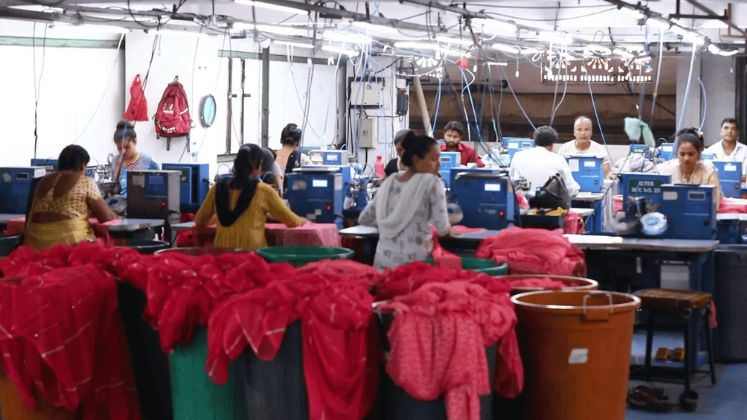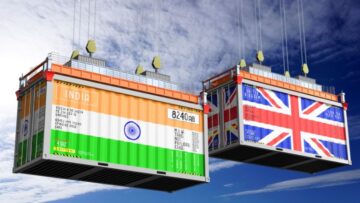
The weaving and textile sector in Surat has been rocked by protests since power distribution companies started charging an extra Rs. 0.45 per unit for electricity used during peak hours. Industry leaders are calling for the decision to be rescinded immediately, as the measure has caused discontent among small and medium-sized businesses (SMEs), particularly in the weaving sector.
Peak consumption hours, which are 7:00 am to 11:00 am and 7:00 pm to 10:00 pm, are subject to the new surcharge, sometimes known as a “time-of-use charge.” Outrage has been raised when power firms like DGVCL have expanded the surcharge to tiny weaving units connected via low-tension (LT) lines, when this scheme was previously only applied to large industrial units connected to high-tension lines.
A memorandum is being prepared for Gujarat Energy Minister Kanubhai and Additional Chief Secretary S.J. Haider in response to mounting pressure from trade associations such as FOGWA, FIAASVI, and other textile federations. The idea calls for the 45-paise LT line cost to be completely eliminated.
The Southern Gujarat Chamber of Commerce and Industry (SGCCI) called an emergency meeting under the direction of Vice President and Fogwa President Ashok Jirawala, Chamber President Nikhil Madrasi, and Chairman of the Electricity Committee Mayur Golwala. The leaders fiercely resisted the new levies, claiming they would severely impair small-scale weavers who already make a living on extremely narrow margins.
“The weaving business does not have a concept of peak hours. Jirawala stated, “We operate with a margin as low as 50 paise to 1 per metre. This additional fee is unreasonable and will prevent us from competing with Maharashtra’s subsidised textile sector.”
The reasoning behind charging an additional fee on top of the regular per-unit pricing was questioned by weaving societies. The lack of adequate infrastructure for putting time-based billing into practice was another point of criticism.
India’s textile capital, Surat, is currently under risk of industrial migration as many businesses intend to move to Navapur, Maharashtra, where power subsidies make operations much more cost-effective.






